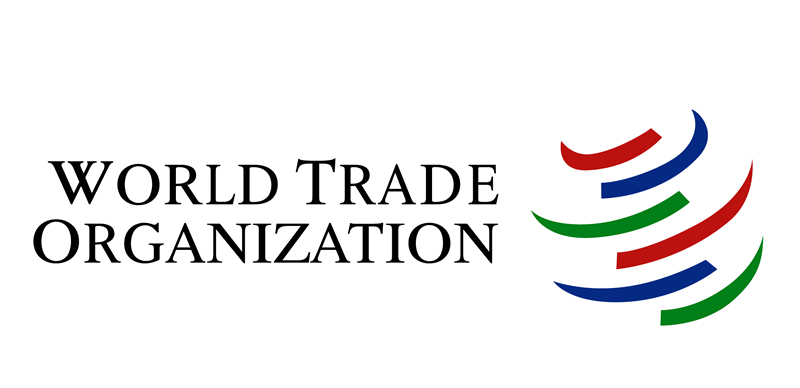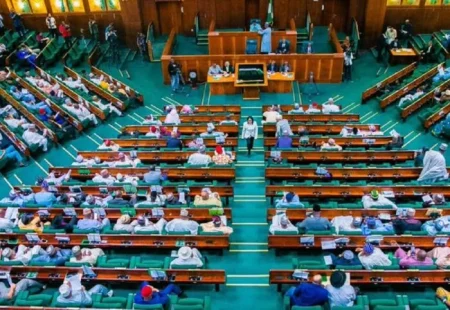The World Trade Organisation (WTO) has embarked on a process to address two trade disputes between Canada and China, marking another chapter in the complex and occasionally strained trade relationship between the two nations. The disputes, centered around surcharges and tariffs on a range of products, highlight the ongoing tensions and the importance of multilateral mechanisms like the WTO in resolving international trade disagreements. The establishment of these panels signifies a commitment to finding resolutions within the framework of established global trade rules.
The first dispute revolves around Canada’s imposition of surtaxes on electric vehicles and steel and aluminum products originating from China. China contends that these surtaxes violate the principles of the General Agreement on Tariffs and Trade (GATT), a cornerstone of the WTO framework designed to promote free and fair trade. China’s appeal to the WTO signals its belief that Canada’s actions are protectionist and unfairly disadvantage Chinese exporters. While expressing its concerns, China has also conveyed its willingness to engage in constructive dialogue to find a mutually agreeable resolution. This suggests a recognition that a protracted trade war would be detrimental to both economies.
Canada, however, has defended its surtaxes, arguing they are justifiable responses to Chinese trade practices. Specifically, Canada points to alleged state subsidies provided to Chinese electric vehicle manufacturers, which it argues create an uneven playing field and threaten its domestic auto industry. The Canadian government also contends that China’s trade practices in steel and aluminum have caused market distortions and harm to Canadian producers. This situation underlines the broader debate surrounding government intervention in industries and the extent to which such interventions are permissible under international trade rules.
The second dispute originates from Canada’s protest against China’s imposition of import duties on certain Canadian agricultural and fisheries products, specifically rapeseed oil, oil cakes (used as animal feed), and peas. Canada views these duties as retaliatory measures taken by China in response to Canada’s tariffs on Chinese electric vehicles. Canada maintains that China’s decision to impose these duties was unilateral and contravenes WTO rules, highlighting the escalating nature of the trade tensions and the risk of tit-for-tat actions. Canada emphasizes the importance of adhering to WTO rules in resolving disputes, emphasizing its desire for a rules-based international trading system.
China’s imposition of duties on Canadian agricultural products followed Canada’s alignment with US tariffs on Chinese electric vehicle imports. These tariffs reflect North American concerns about the influx of Chinese state-subsidized vehicles, perceived as a threat to domestic auto industries. This situation exemplifies the intricate web of global trade relations and how actions taken by one country can have cascading effects on other bilateral trade relationships. It also underscores the increasing importance of electric vehicles in global trade and the associated challenges of regulating this emerging sector.
Complicating the trade disputes is the strained political relationship between Canada and China. Tensions have been high since the 2018 arrest of a senior Chinese telecom executive in Canada on a US warrant, an incident that significantly impacted diplomatic ties. Despite these tensions, recent efforts towards reconciliation have been made, with high-level communication resuming between the two countries. The willingness of both sides to utilize the WTO dispute settlement mechanism suggests a commitment to finding solutions within established international trade frameworks, even amidst political disagreements.
The WTO panels will play a critical role in evaluating the claims made by both countries and determining whether the imposed tariffs and surtaxes are consistent with international trade regulations. The panel’s findings will have significant implications for the future of trade relations between Canada and China. The rulings could influence trade policies and practices in both countries and set precedents for future disputes involving similar trade issues. The cases also highlight the challenges posed by state subsidies and the increasing need for international cooperation to address distortions in global markets. The WTO’s role in mediating these disputes underscores its importance in maintaining a rules-based global trading system and facilitating peaceful resolution of trade conflicts.














